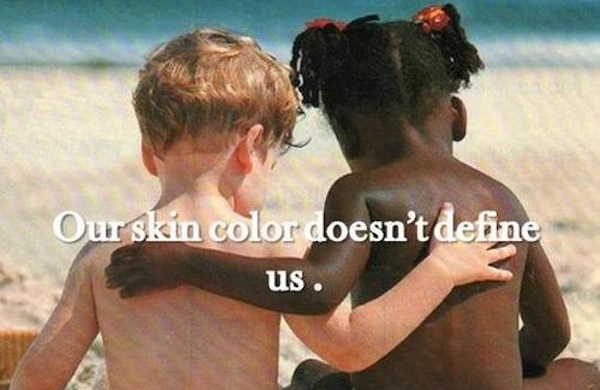By James Strong
In the interest of reality, journalists write the facts as they are. In the interest of fiction, they write them as they aren’t.
But the massacre of nine church members at Emanuel African Methodist Episcopal Church in Charleston, S.C., by white racist Dylann Roof is a thousand discus throws from reality and fiction. In such a case, a writer must fly on angel’s wings, a task many journalists cannot attain. But we try.
Hence, as Black America once again grieves over the racist killings of its people, words lose sense and tears move from moisture to rainfall in seconds. Yet, one wonders what goes through Roof’s mind when he hears that Black and white residents of Charleston cry together and lay flowers on the sidewalk and street in front of Emanuel AME Church hand-in-hand.
Can he see that their grief is not mere anguish, but anguish that tremors in the aftermath of death’s earthquake? It is an anguish that mirrors the glow which shines on heaven’s face at the divine reception those nine now receive in glory.
They now witness continuous acclaim at the banquet of praise that honors them, as those Lakota Sioux men, women and children massacred at Wounded Knee by white racist U.S. Army troops in 1890 received; as those four little Black girls bombed in Birmingham, Ala., in 1963 received; and as those 2,000 or more innocent Palestinians slaughtered in Gaza by a racist Israeli military during the summer of 2014 received.
Does Roof not realize that the depth of the Black community’s grief is deeper than the ocean’s floor and will pass as a dividend to the future growth and prosperity of all African-Americans?
Black America feels this grief in a powerful yet unusual way. There is no deepness of mourning in the soul of man for a dead murderer who killed his daughter. Even more so, grief, deep grief, will probably vacate his duty if Black conservatives are massacred by the Klan or run over by a bus.
The traitors to the nation and the enemies of the nation eventually suffer the same fate. And grief will not sniffle or blow his nose.
Thus, while Black America grieves deeply for the nine Charleston victims, she probably will never shed a tear for the Clarence Thomas whose Supreme Court decisions have granted neo-Nazis and other racists boldness to commit such atrocities.
Can Roof not see, then, how profound the grief is? We grieve for heroes; we don’t for villains. And the profoundness of that grief never dries up.
As the Rev. Clementa Pinckney, Pastor of Emanuel AME Church, pleaded with Roof not to kill, evil preached a sermon of hate and Roof killed anyway. Pinckney died and we still cry. But when someone like Black Republican Ben Carson dies, Black America will shed tears wet with wax and graffiti.
We don’t know what Roof would have done if he had listened to Pinckney, given that his killings may have surpassed even the worst of sins. But, regardless, the anvil of anger perseveres under mercy’s harshest blows to forgive, as well as the red hot heat of an iron rage. But anger will never forget.
In fact, anger reveres the blows, as it worships the rage, because of the holiness of the church Roof desecrated, because of the sacredness of the Bible study he defiled, because of the wicked weapon he used to kill, and because of the nine dead whom we can now only vindicate by their deaths, since we were not there to save them when they lived.
Yet, at the moment of their deaths, I think they were superior to any reports of courage or news of poise written after their lungs ceased to breathe. And for this and other reasons, they are not just heroes, but have ascended on high as martyrs.
What an honor, because to be a martyr is the highest testimony to a good life!
In contrast, what we see, but cannot feel, is an apostrophe. Roof sees Blacks, but lacks love. And, thereby, he is merely half man and half bull.
Thus, the grief Black America feels for those nine Charleston dead began as almost insufferable anguish, the anguish became painful and deep, and the deep pain crossed over into a profound sentiment difficult to comprehend.
Still, however, from this tragedy, the future requests a reply from the present: “When will you learn to defend yourselves?”




